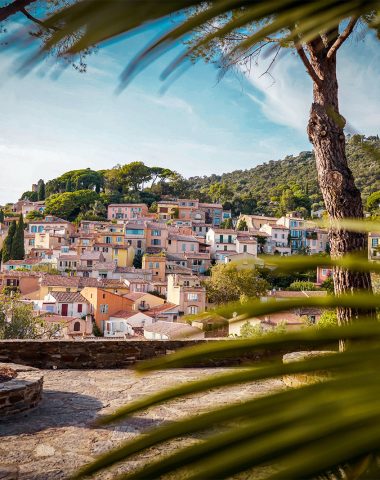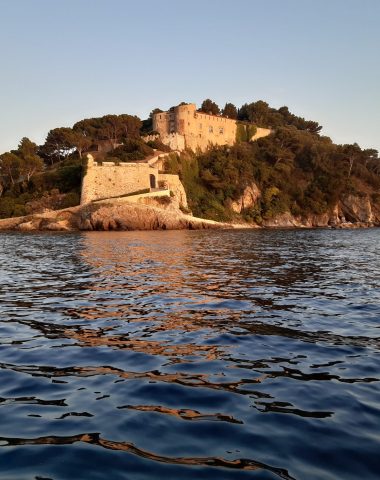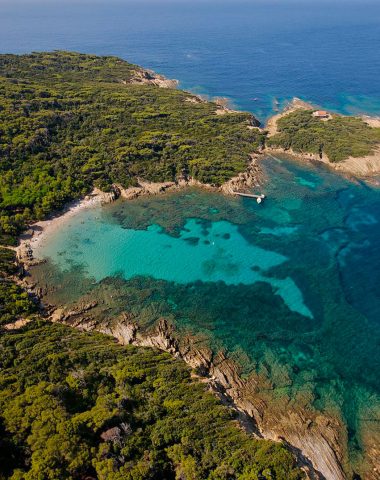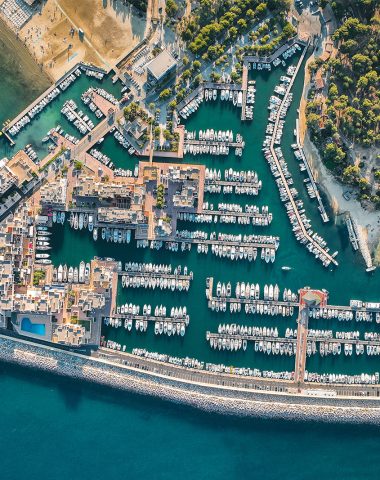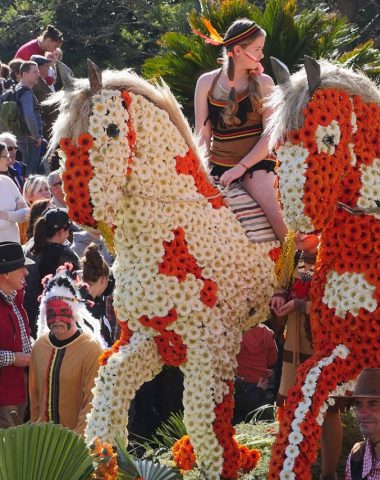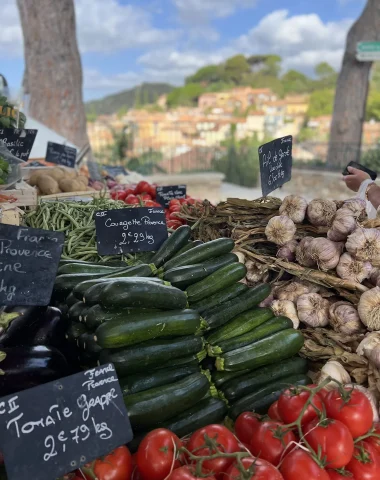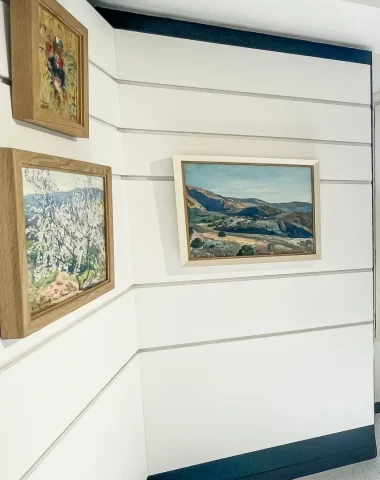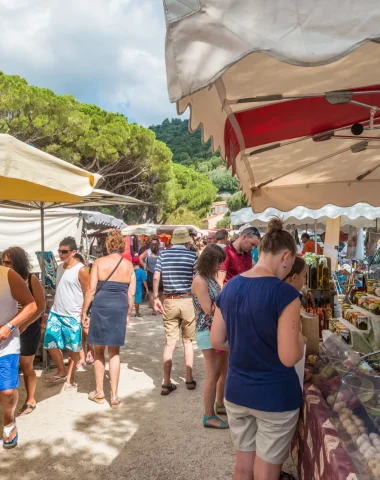Embark on a captivating journey along the Chemin des Sages, a project born from a visionary gathering of the Conseil des Sages, composed of wise individuals aged 60 and above, carefully chosen by local councilors for their wealth of experience. Inspired by the core principles of our Republican motto “Liberté, Égalité, Fraternité,” the council sought to breathe life into these ideals in the town of Bormes.
The Concept Takes Flight
A groundbreaking idea emerged during the council’s meeting—to adorn the town with phrases from renowned men and women, celebrated worldwide for their wisdom and humanism. The goal was to ignite the conscience of both passers-by and tourists, fostering a deeper connection with these universal values. To gain the support of the Mayor and the Council, the decision was made to integrate this pathway with the installation of historical plaques on the town’s iconic monuments. The members of the Conseil des Sages then meticulously designed the route through the medieval village and dedicated themselves to creating the perfect support, texts, images, and symbols for these plaques.

The butterfly, symbolizing joy, beauty, grace, and lightness of being, was chosen as the emblem of the project. Its transformative journey mirrors the essence of personal growth and rebirth. Just like the butterfly, we too experience different stages in life—a profound metamorphosis that allows us to release our past and embrace the beauty of who we’ve become. Symbolizing wisdom, the butterfly becomes a boundless source of inspiration. Beneath its delicate exterior lies an unwavering strength. Despite its ephemeral lifespan of a few days or weeks, the butterfly brings joy and exuberance through its graceful flight, fully savoring every moment that nature presents. Let us, like the butterfly, fearlessly embrace the experiences life offers us, both good and bad, knowing that they are fleeting. After all, our past experiences provide the best preparation for the future, allowing us to tread life’s paths with serenity.
Plato’s biography
Considered the inventor of philosophy, founder of the academy.
Plato, a towering figure in the realm of Western thought, was born into an aristocratic family circa 427 B.C. and departed from this world around 347 B.C. While his early years pointed towards a political career, fate had a different path in store for him as he crossed paths with the great philosopher Socrates. For a significant period, eight years to be exact, Plato immersed himself in the wisdom and teachings of Socrates, which left an indelible mark on his intellectual journey.
Driven by an insatiable thirst for knowledge, Plato embarked on journeys across the Mediterranean, engaging with esteemed philosophers and mathematicians of his time. It is within this tapestry of intellectual encounters that Plato’s significance within Greek antiquity and the wider scope of Western philosophy began to flourish. He stands as one of the pivotal figures in the annals of philosophical thought. Plato’s pedagogical method, rooted in the legacy of Socrates, was known as “maieutics.” This approach involved guiding and stimulating minds to give birth to their own knowledge, unveiling truth from within. Through his extensive body of work, primarily presented in the form of dialogues, Plato embarked on a rigorous pursuit of truth, unbound by disciplinary limitations. His explorations spanned an array of domains, from politics to morality, aesthetics to science. Plato’s underlying belief in the human capacity to comprehend reality serves as the unifying thread throughout his works. He challenged the teachings of the sophists, who focused on the art of persuasion and superficial appeal, by posing the fundamental question of authentic discourse. Plato asserted that the real is knowable, asserting that humans are not confined to mere impressions; through their capacity to feel and experience, they can access a reality that extends beyond themselves. Consequently, his works took on dual objectives: to seek truth about specific facets of existence, such as justice and the nature of the world, and to establish the very possibility of knowing truth itself.

In Athens, Plato established a groundbreaking institution, the first-ever school of philosophy, known as the Academy. Situated in the enchanting gardens of Académos, the Academy drew inspiration from the Pythagorean model. Its influence reverberated far and wide, attracting eager learners from all corners of Greece. Plato’s philosophy, with its explicit aim of addressing political matters and establishing justice, resonated deeply with the intellectual pursuits of his contemporaries and the broader society.
Plato’s enduring legacy is a testament to his unwavering commitment to the pursuit of truth and the quest for a just society. His philosophical insights continue to shape the contours of intellectual discourse, serving as a beacon of inspiration for generations to come.
Gambetta square, the heart of the village
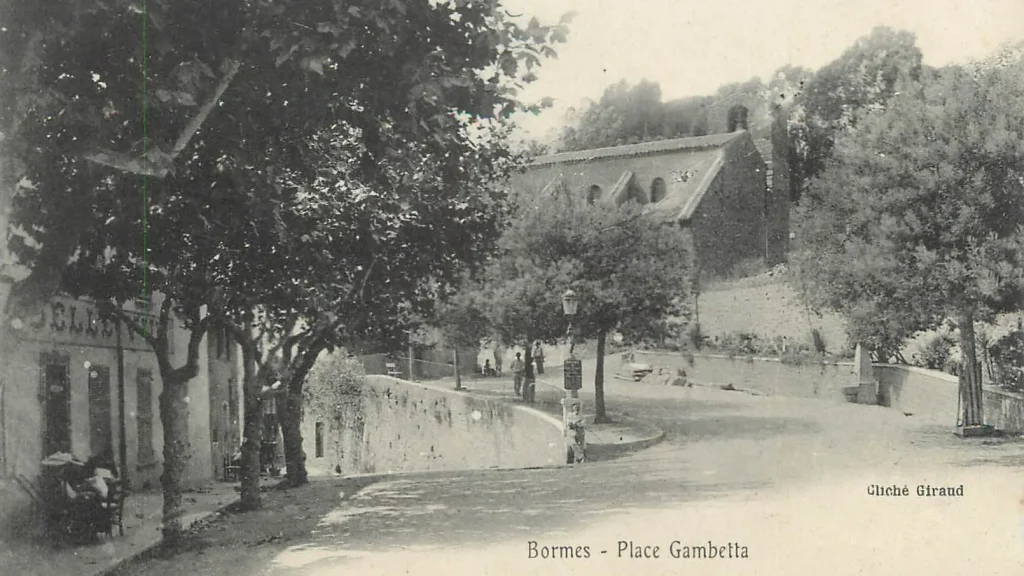
Gambetta Square, nestled at the heart of the village, holds a special place in the hearts of the locals. It serves as a vibrant gathering spot where people come together to engage in the beloved game of pétanque during the sun-kissed summer months. Additionally, the square comes alive with the enchanting melodies of musical groups, treating the community to captivating concerts. In bygone years, before the ravages of war, the square witnessed lively operetta performances, which celebrated the lives of the village’s own residents.
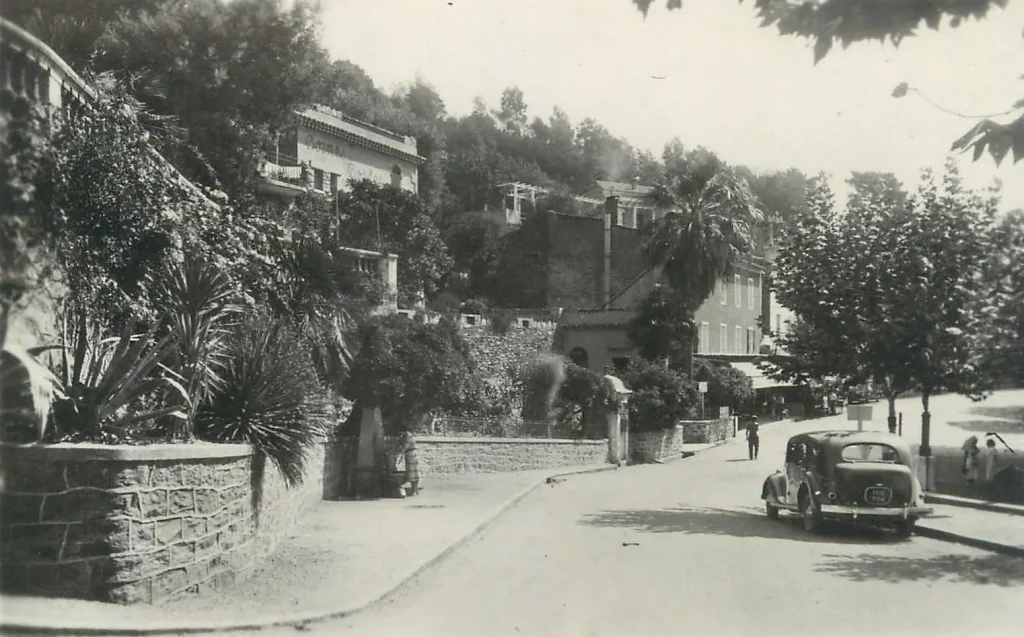
Surrounding the square, one can find charming hotels that offer respite and culinary delights. The local cuisine often features game brought in by skilled hunters, providing a tantalizing taste of the region. Against this picturesque backdrop, the lively pétanque games unfold, creating a vibrant tapestry of Provençal and French traditions, merging in a symphony of colors and spirited competition.

To experience the full splendor of the Chemin des Sages and delve deeper into the fascinating stories that unfold along this path, we invite you to explore the Baludik app.
Scan the QR code and embark on an interactive journey filled with games, surprises, and a deeper connection to the rich heritage of Bormes.


